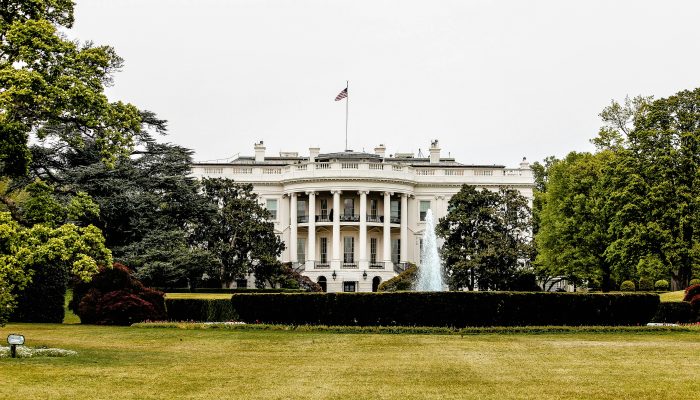Donald Trump’s second presidential term will begin on Jan. 20, bringing with it promises to dramatically reshape many aspects of the criminal justice system. The U.S. Senate — with its authority over confirming judicial nominees — will also shift from Democratic to Republican control.
In the 65 days between now and then, the outgoing — or “lame duck” — Biden administration will likely take steps to maximize its influence and legacy or preempt some Trump administration priorities. Here are three key areas where that may happen.
Judicial nominees
The Biden team has already begun pushing the Senate to confirm its roughly 30 pending judicial nominees for vacancies on the federal bench. This week, Senate Majority Leader Chuck Schumer said that he plans to devote “significant floor time” to the effort, but the Democrats’ slim majority in the Senate could slow down the fast-paced process that some in the party are hoping for. Any confirmations will come over the objections of President-elect Trump, who has suggested that judges should not be approved by a lame-duck administration.
Some in the judiciary bristle at the idea of “Trump judges” or “Biden judges,” as the role is supposed to be nonpartisan. Studies routinely find dramatic and persistent differences in case outcomes based on party affiliation, however, and the effect may be widening in step with increasing political polarization. Over the last two administrations, there have also been vast demographic differences in judicial picks based on the party that made the nomination, with the Biden administration selecting far more women and people of color.
Federal judges restricted hundreds of Trump administration policies during his first term, and will likely play a significant role in determining the trajectory of his second.
It’s not uncommon for judges to decide whether to retire based on the presidential administration that will be picking their replacement. This week in Ohio, a federal district judge who had planned to take “senior status” — a kind of semi-retirement — withdrew that decision, leaving one less vacancy for Trump to eventually fill. Many observers expect Supreme Court Justices Clarence Thomas and Samuel Alito — who are 76 and 74 years old, respectively — to retire during Trump’s next term, giving the president-elect the ability to make his fourth and fifth appointments to the court. Some have also suggested that 70-year-old Sonia Sotomayor, one of three liberal justices on the court, should retire now, to allow Joe Biden to appoint a younger replacement before Trump takes office. However, reports indicate that Sotomayor is not considering such a move.
Pardons and commutations
While court appointments require Senate confirmation, the president has the sole authority to issue pardons or shorten sentences for federal crimes. In the face of Trump’s frequent calls for retribution against his political enemies, Paul Rosenzweig argues in The Atlantic that Biden should preemptively pardon some of the figures Trump has in his sights. Rosenzweig, a law professor who served in the George W. Bush administration, names prominent Democrats, Republicans, military officials and former Trump administration members who testified against Trump during congressional hearings as possible pardon recipients.
You can read the full article at the Marshall Project.

